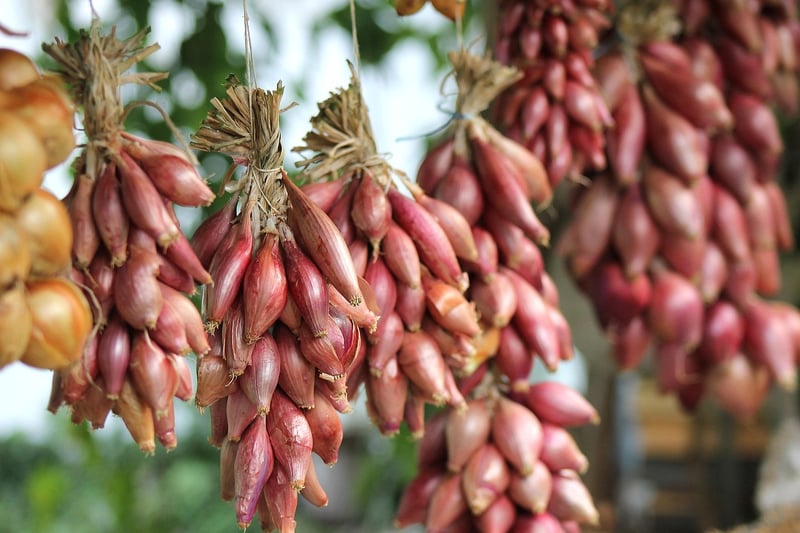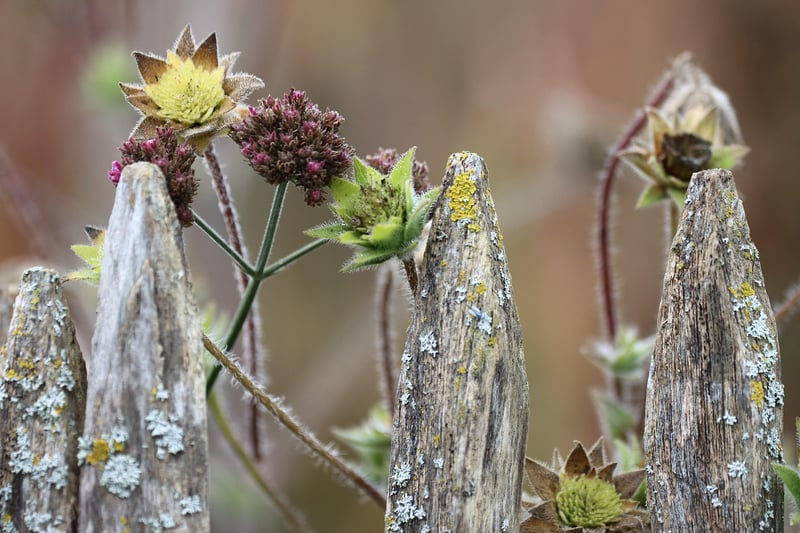Neighborhood Sustainability Projects
Gardening with Others for Neighborhood Sustainability

Community gardening is a wonderful way to connect with your neighbors, promote sustainability, and beautify your neighborhood. By coming together to cultivate shared green spaces, you can create a sense of community, improve the local environment, and even grow your own fresh produce. Here are some ideas to get started on gardening with others for neighborhood sustainability projects:
1. Establish a Community Garden
Identify a suitable piece of land in your neighborhood that can be converted into a community garden. Organize a group of interested residents, allocate tasks, and start planting a variety of fruits, vegetables, and flowers. Ensure everyone has a role to play in maintaining the garden and sharing the harvest.
2. Host Gardening Workshops
Organize regular gardening workshops to educate community members about sustainable gardening practices, composting, water conservation, and plant care. By sharing knowledge and skills, you can empower more people to participate in neighborhood sustainability projects.
3. Create Pollinator-Friendly Spaces
Plant native flowers and shrubs that attract bees, butterflies, and other pollinators to your neighborhood. Pollinators play a crucial role in maintaining biodiversity and supporting food production. By creating pollinator-friendly spaces, you can contribute to the overall health of the ecosystem.

4. Organize Seed Swaps
Host seed swap events where community members can exchange seeds, seedlings, and gardening tips. This not only promotes biodiversity in your neighborhood but also fosters a culture of sharing and collaboration among residents.
5. Participate in Urban Farming Initiatives
Join forces with local urban farming initiatives to support sustainable food production in your community. Whether it's rooftop gardens, vertical farming, or community-supported agriculture, urban farming projects can help increase access to fresh, locally grown produce.
By engaging in gardening with others for neighborhood sustainability, you can make a positive impact on the environment, foster community spirit, and create a more vibrant and resilient neighborhood for all residents to enjoy.
